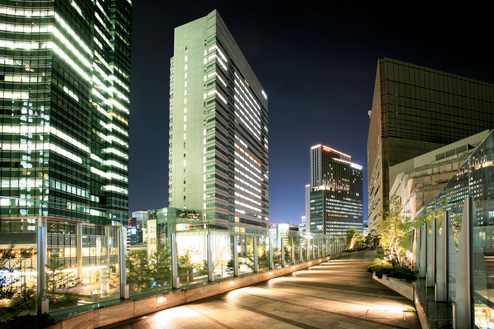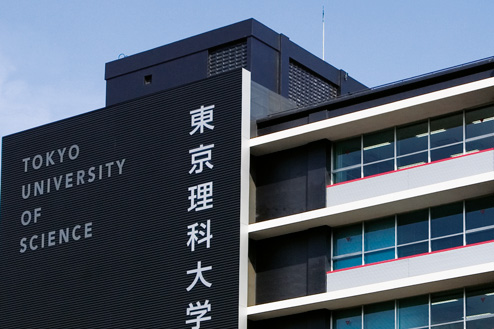Finding A Home
Most expats use an agency when looking for a home (despite the fee), as agents are a one-stop solution for finding an apartment, drafting contracts, and overcoming the language barrier. Some landlords are reluctant to rent to foreigners, so an agent makes life easier. If going it alone, you’ll need some Japanese language skills. Note that some places may ask for references and/or a guarantor. If you need a guarantor, your employer may be able to act as one for you. ‘Hiring’ a guarantor from the agency is costly and not recommended. Once your application has been approved you will be asked to pay a security deposit (shikikin). You may also be required to pay a form of non-refundable ‘thank-you’ or ‘key’ money (reikin). This, with the deposit, can add up to three to six months rent.
Shared apartments are not common given the small size of the average apartment. If you want to share a house, check out the ads in weekly magazines such as Tokyo Notice Board or Metropolis, or one of the many expat-focused websites.
Space in Tokyo is at a premium and apartment walls can be thin. Many buildings have informal but highly encouraged guidelines against loud noise late at night and some buildings prohibit pets and instruments like pianos. Any conditions will be listed on the property’s information sheet provided by the agent.
Rents are greatly influenced by location and in general, the newer the building, the more expensive it will be. Apartments in trendy, central areas such as Shibuya, Omotesandô, or Daikanyama are more expensive than in older or less central areas like Nakano-ku or Takadanobaba. Corner apartments and those on the upper floors also tend to go for higher rents. The time of year you begin renting may also be reflected in the rate, as the influx of students and new company employees in the spring can sometimes turn cheap apartments into premium properties.
Shared apartments are not common given the small size of the average apartment. If you want to share a house, check out the ads in weekly magazines such as Tokyo Notice Board or Metropolis, or one of the many expat-focused websites.
Space in Tokyo is at a premium and apartment walls can be thin. Many buildings have informal but highly encouraged guidelines against loud noise late at night and some buildings prohibit pets and instruments like pianos. Any conditions will be listed on the property’s information sheet provided by the agent.
Rents are greatly influenced by location and in general, the newer the building, the more expensive it will be. Apartments in trendy, central areas such as Shibuya, Omotesandô, or Daikanyama are more expensive than in older or less central areas like Nakano-ku or Takadanobaba. Corner apartments and those on the upper floors also tend to go for higher rents. The time of year you begin renting may also be reflected in the rate, as the influx of students and new company employees in the spring can sometimes turn cheap apartments into premium properties.













